Table of Contents
Menopause Test
Hormonal changes during menopause can impact a woman’s health. This at-home saliva Menopause Test by Thorne measures levels of the key hormones related to menopause. Menopause Test results include a personalized health.
You should take this Menopause Test if you
- Are of perimenopausal age (usually 45-55)
- Are postmenopausal and want to evaluate your hormone levels
- Are experiencing symptoms of menopause
- Are interested in your fertility status
What you’ll discover

Measures
Your personal biomarker values are displayed on an easy-to-read dashboard with descriptions of what each biomarker value means for you.

Analysis
Using your biomarkers, we provide detailed insights to help identify potential health risks or specific areas of improvement. Insights are generated using Thorne’s Health Intelligence platform.

Improvement Plan
Based on your unique Menopause Test results, a comprehensive improvement plan with diet, activity, and supplement recommendations is generated.
What we measure
How it works

1 • Order and activate
After your purchase is complete, everything you need for your at-home Menopause Test is delivered to your door. Use the activation code located on the back of the test kit to activate your test on thorne.com and complete your health profile.

2 • Collect samples and send
Referencing the directions booklet included in your Menopause Test kit, complete your sample collection from the comfort of your home. Use the prepaid shipper to mail your samples directly to the laboratory.

3 • Receive results and recommendations
Your Menopause Test results will be reviewed by an independent, board-certified physician. Once you’ve sent your samples to the lab, after 8-10 business days you will receive your results with meaningful insights and personalized recommendations by one of our health coach professionals to promote your health and wellness.
Potential Indicators
Menopause can cause varying symptoms. Some women have few or no symptoms, while other women can have many symptoms that are prolonged and severe. Symptoms can include, but are not limited to:
- Sleep changes
- Mood changes
- Hot flashes and night sweats
- Vaginal dryness
- Weight gain
- Skin changes
- Loss of menstruation
- Breast tenderness
- Fatigue
- Brain fog
- Memory lapses
- Greater susceptibility to urinary tract infections
Menopause Test 101
Aspects of menopause
Menopause is a normal transition that occurs when a woman’s eggs are depleted and she stops ovulating. Although the benchmark of menopause is 12 months with no ovulation and no menstrual cycle, menopause symptoms can begin before that happens and can continue for months or even years after a woman’s final menstrual cycle.
The average woman’s age for natural menopause to occur is 51. Menopause can also occur for other reasons, such as surgery that removes the ovaries, as a side effect of some medications, and when it’s caused by certain health conditions.
The hormonal changes that occur during menopause can also have an impact on other areas of a woman’s health during and after menopause, including:
- Heart health
- Bone health
- Brain health
- Body weight
- Metabolic function
- Urinary health
- Sexual health
How the biomarkers we measure impact your health
Estradiol (E2)
The hormone estradiol is primarily made in the ovaries, although it is also made in smaller amounts in the adrenal glands and in fat cells. Women make three types of estrogen: estradiol, estrone, and estriol, all of which decline during menopause. Because estradiol is the most powerful and active form of estrogen, it is often the only one measured in an estrogen test.
Progesterone
Progesterone is the hormone that is made in response to an egg being released from an ovary (ovulation). When a woman begins menopause and she stops ovulating, her ovaries stop making progesterone, which eliminates the major source of progesterone in the body. Women continue to make some progesterone in their adrenal glands.
Testosterone
Even though testosterone is thought of as the “male hormone,” a woman also makes testosterone.
A woman makes testosterone in her ovaries and in her adrenal glands. Like other hormones made in the ovaries, the testosterone level declines during menopause because the ovaries are ending their primary function, even though the health functions of testosterone will remain important for the rest of a woman’s life.
Dehydroepiandrosterone (DHEA)
DHEA, a hormone made in the adrenal glands, is a precursor to both testosterone and estrogen and is an age-dependent hormone. In a woman, her DHEA level tends to peak during late adolescence and begins to decline naturally starting at age 30, declining by age 70 to just 20 percent of her peak level.
Production of DHEA in the adrenal glands is in direct competition with the production of cortisol, because both DHEA and cortisol require the same precursor hormone ‐ pregnenolone.
Cortisol
Cortisol is the body’s primary “stress” hormone made in the adrenal glands. Cortisol has a natural 24-hour rhythm, which, when altered can have a wide variety of adverse health effects, including changes in mood, energy, weight, and immune function.
It is not uncommon for a woman to experience changes in her cortisol level during menopause as the functions of her ovaries decline and her body becomes more dependent on the adrenal glands as the source of her hormones.
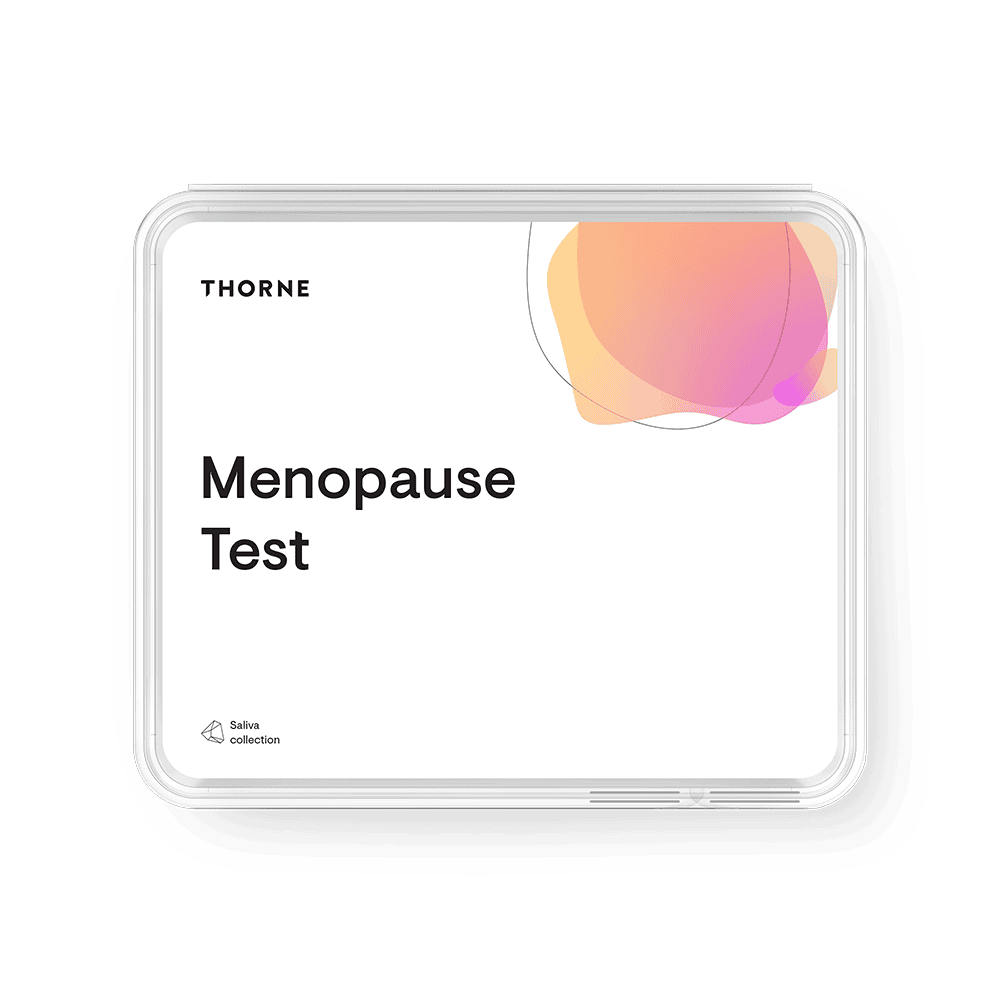
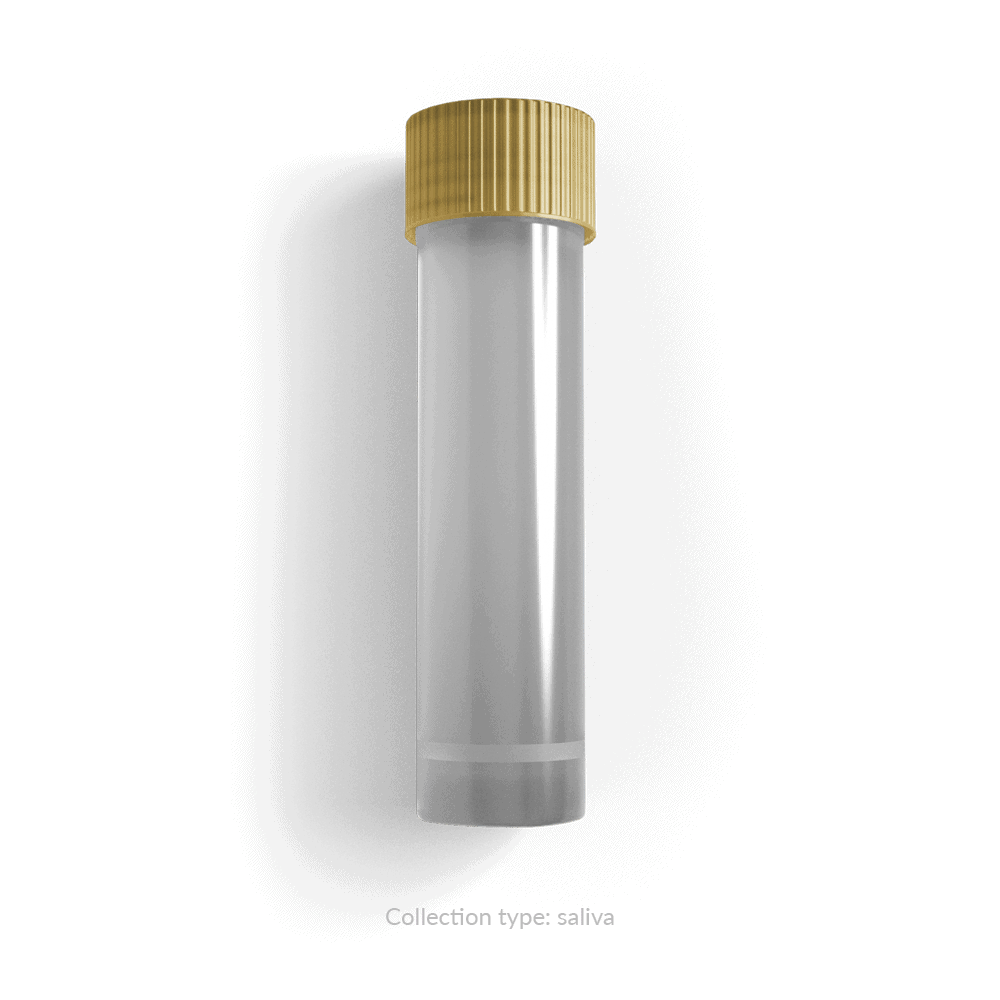
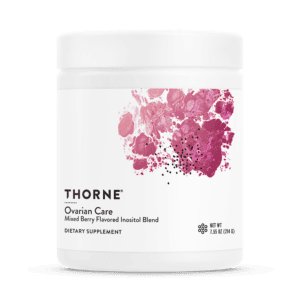
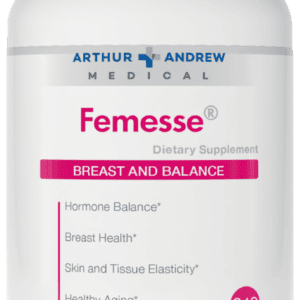
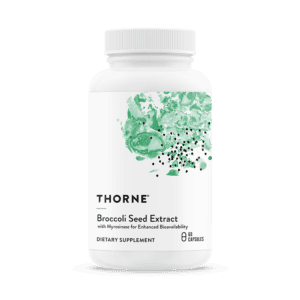
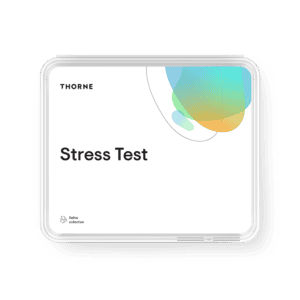
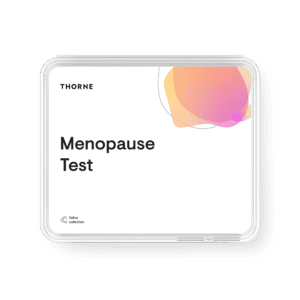
Reviews
There are no reviews yet.